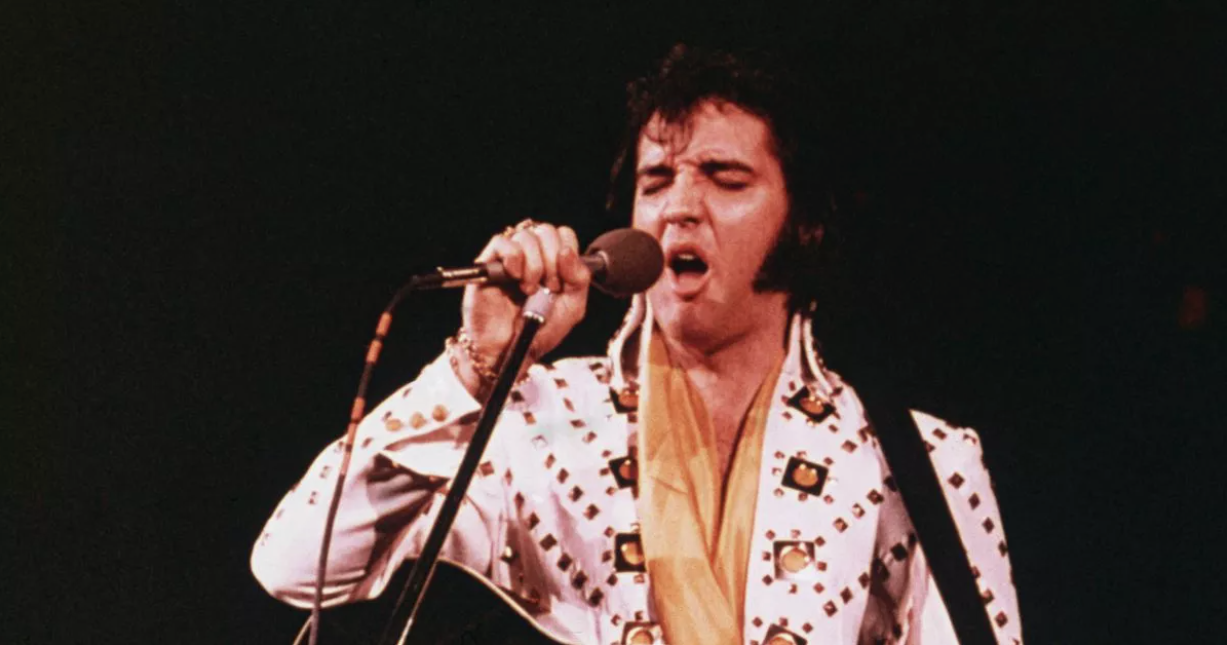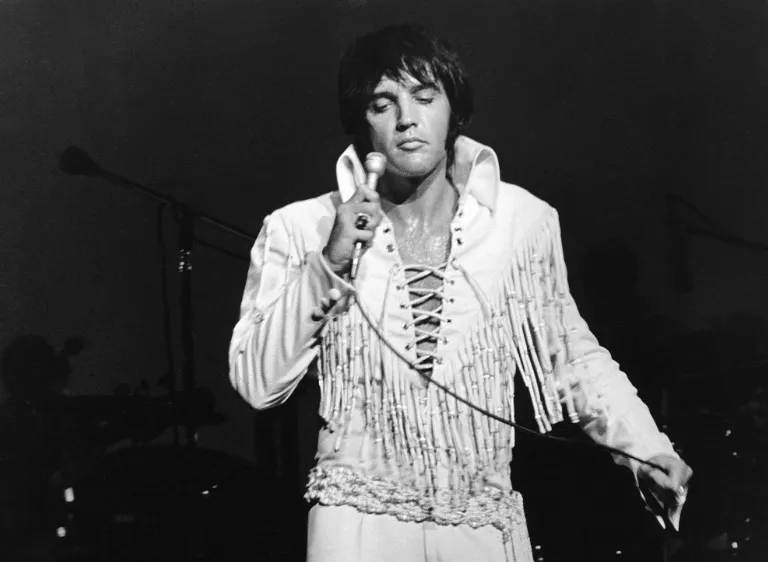The Poignant Narrative of "Lonely Man" by Elvis Presley: A Deep Dive into Themes, Composition, and Impact
(watch the video below)
Elvis Presley, often referred to as the "King of Rock and Roll," left an indelible mark on music history with his powerful voice, charismatic stage presence, and timeless hits. Among his extensive repertoire lies a gem that resonates with many, titled "Lonely Man." This song, though perhaps not as widely recognized as some of his other classics, carries profound themes and emotional depth that deserve exploration. In this comprehensive analysis, we delve into the narrative, composition, and impact of "Lonely Man" by Elvis Presley.
"Lonely Man" was released in 1961 as part of the soundtrack for the movie "Wild in the Country," in which Presley starred. The song was written by Bennie Benjamin and Sol Marcus, with lyrics by Jessie Mae Robinson. The film, a romantic drama, provided a platform for Presley to showcase his acting chops alongside his musical talents.
The early 1960s marked a transitional period in Presley's career. He had already achieved immense success in the music industry and was now venturing into acting, seeking to diversify his artistic portfolio. "Lonely Man" emerged within this context, capturing Presley's evolving artistry and expanding repertoire.

At its core, "Lonely Man" paints a vivid portrait of isolation and yearning. The lyrics speak of a man grappling with loneliness, longing for companionship, and yearning for love. The protagonist is depicted as a solitary figure, wandering through life's uncertainties, haunted by the ache of solitude.
The song's narrative unfolds with poignant introspection, delving into the emotional landscape of the protagonist's inner world. Lines such as "I'm just a lonely man, lonely and blue" encapsulate the profound sense of isolation and melancholy permeating the song. Through evocative imagery and heartfelt lyricism, "Lonely Man" lays bare the vulnerability and fragility of the human condition.
Musically, "Lonely Man" is characterized by its soulful melody and subdued instrumentation. The song opens with gentle guitar strumming, setting a contemplative tone from the outset. Presley's vocals soar with raw emotion, infusing each note with palpable longing and depth.
The arrangement is understated yet powerful, allowing the lyrics to take center stage. As the song progresses, subtle instrumental flourishes complement Presley's vocal delivery, enhancing the emotional resonance of the narrative. The music serves as a poignant backdrop to the protagonist's journey, amplifying the song's impact and immersing listeners in its haunting beauty.

While "Lonely Man" may not be as widely recognized as some of Presley's chart-topping hits, its cultural and artistic significance cannot be overstated. The song embodies the universal themes of love, loss, and longing, resonating with audiences across generations. Its timeless appeal lies in its ability to evoke profound emotions and provoke introspection.
Moreover, "Lonely Man" showcases Presley's versatility as an artist. Beyond his charismatic stage persona and energetic performances, the song highlights his depth as a vocalist and interpreter of emotion. Through his soulful rendition, Presley infuses "Lonely Man" with an authenticity and sincerity that transcend the confines of genre and era.
Decades after its release, "Lonely Man" continues to captivate audiences with its poignant storytelling and emotive power. The song's legacy endures as a testament to Presley's enduring influence on popular music and culture. Its themes remain as relevant today as they were upon its initial release, speaking to the human experience with timeless resonance.
In conclusion, "Lonely Man" stands as a testament to Elvis Presley's artistic legacy and enduring impact. Through its heartfelt lyricism, soulful melody, and emotive delivery, the song invites listeners on a journey of introspection and empathy. As we reflect on its narrative, composition, and cultural significance, we gain a deeper appreciation for the profound artistry of the "King of Rock and Roll" and the enduring power of his music.

In the vast tapestry of Elvis Presley's discography, "Lonely Man" shines as a beacon of introspection and emotional honesty. Its poignant narrative and soul-stirring melody continue to resonate with audiences, transcending the boundaries of time and genre. As we unravel the layers of this timeless classic, we uncover profound themes of loneliness, longing, and the human quest for connection. In the end, "Lonely Man" stands as a testament to the enduring legacy of one of music's greatest icons and the universal power of song to touch the depths of the human soul.
This comprehensive analysis provides a deep dive into the themes, composition, and impact of "Lonely Man" by Elvis Presley, offering a nuanced understanding of its significance within the broader landscape of popular music.
Video
Lyrics
Let's sing along with the lyrics !
It's a lonely man
Who wanders all around
It's a lonely man
Who roams from town to town
Searchin', always searchin'
For something he can't find
Hopin', always hopin'
That some day fate will be kind
It's a lonely man
Who travels all alone
When he has no one
That he can call his own
Always so unhappy
Taking shelter where he can
Here I am
Come meet a lonely, lonely man
Always so unhappy
Taking shelter where he can
Here I am
Come meet a lonely, lonely man
Here I am
Come meet a lonely, lonely man



